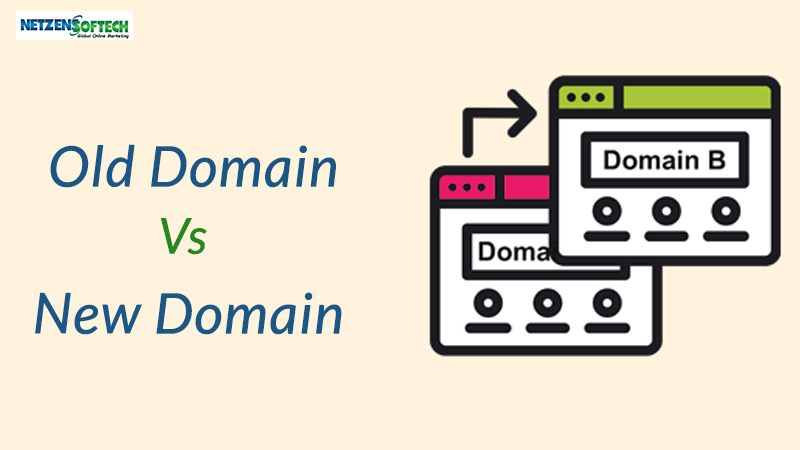

Every online business strives to achieve organic search engine optimization. A thorough SEO strategy will help you achieve the desirable virtuous cycle of being visible on the first page of search engine results, attracting clients, and increasing sales.
A domain name is crucial to this organic search optimization technique because it serves as the foundation for each webpage on your website. Nevertheless, there are a number of reasons you might wish to change your domain name, including a merger or acquisition, a new brand identity, a different domain ending, or choosing a domain name that is inherently more search engine optimization-friendly.
Many website administrators who find themselves hosting their website on a domain that is no longer a good fit for the business worry about the risk of changing domains and losing organic traffic. So, how can you be so certain that your site’s search engine optimization efforts won’t be lost when you change domain names?
In this blog post, we’ll learn a few reasons why you might want to alter your domain name. Then, we’ll demonstrate how to change your domain without impairing the visibility of your website. Let’s get going!

When building an online presence, picking a domain name is one of the most crucial choices that website owners can make. It’s likely that your domain name will eventually need altering, even if some people are lucky enough to choose a domain that lasts a lifetime. Let’s check out some of the reasons why you might want to consider a domain change.
These are some of the most common scenarios in which you may require a domain change. However, there might be other reasons as well. In any case, there is nothing wrong with simply upgrading your domain name especially when you’ve found something better.
Now, let’s take a look at 5 ways to move an old Website to a new domain without losing SEO.

Choosing a suitable domain name is the first step. To begin with, you should choose a domain with the proper Top-Level Domain (TLD).
Making your new domain simple to spell, type, and pronounce is another smart move. By doing this, you can keep visitors from getting annoyed by frequent errors. Additionally, it will motivate consumers to mention your domain name out loud.
Consequently, you should make sure that your new domain allows for flexibility. This will make sure that it may expand along with your web business and prevent the necessity for a subsequent name change.
The ranking factors used by Google determine organic ranking. To put it another way, you must abide by the guidelines of the Google algorithm in order to be ranked.
This includes your website’s sitemap, which provides an overview of your website. This XML document organizes the resources and material that are connected to each page of your website. It has a significant impact on search engine ranking considering the fact that it enables search engines to index all of your site’s pages,
Therefore, in order to hasten the indexing of new URLs after domain name changes, it’s crucial to establish your sitemap and ensure that search engines are informed about your website.
Search engine bots must be able to access the material from your old URLs in order for you to maintain your rating. 301 redirections, also known as permanent web forwarding, come in very handy in this situation because they let you link every page of your old website to its corresponding page on the new one.
Search engines will then be made aware that the previous information has been relocated to a new page in this manner. The old pages will then be replaced by the new ones in the index, allowing you to transfer any popularity they may have gained.
Google also considers the level of trust placed on each page when determining which pages to index. A backlink, or a link pointing from another website to yours, demonstrates this trust to search engines. Therefore, it’s imperative to get in touch with websites that have linked to you and ask them to replace these backlinks with the new URL and domain name.
If you have a lot of backlinks and are short on time, give high-authority links top priority because they will have the most influence on your ranking. To make sure you obtain all the links, we advise listing each one separately. Unupdated backlinks will result in 404 errors, which in consequence in lower rankings.
Last but not least, since Google plays a big part in your site’s organic ranking, it’s usually a good idea to let them know about the domain name change so they can index the new webpage addresses at the new URL.
You can immediately make this change in Google Search Console:
If you don’t implement the new domain name carefully, changing your domain name may have an effect on your search engine ranking. However, by following these 5 suggestions, you may reduce the negative effects and feel secure that you can rapidly restore any lost SEO. This is a delicate operation, but it’s also crucial for the online exposure of your company.
Also Read: A Beginners Guide on How to Choose Best Keywords for SEO
Happy Clients
Development Projects Undertaken
Services Provided
Years of Experience